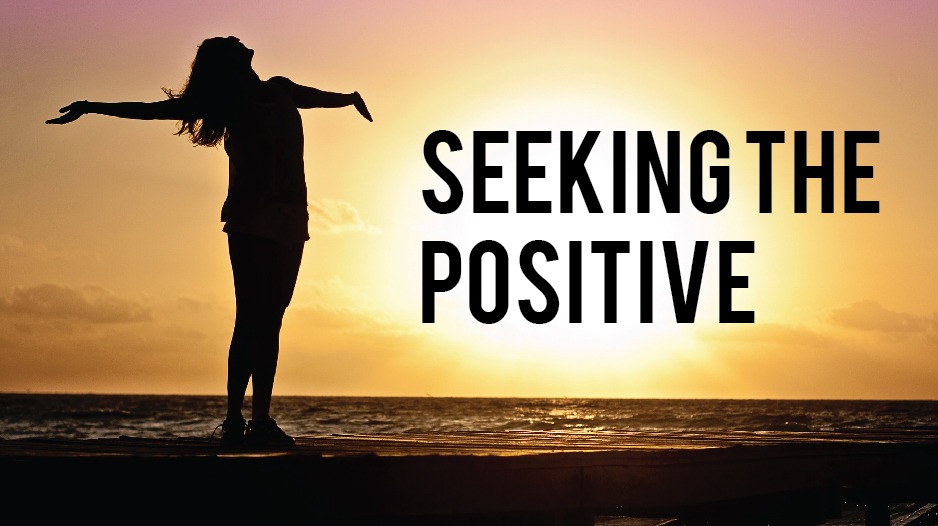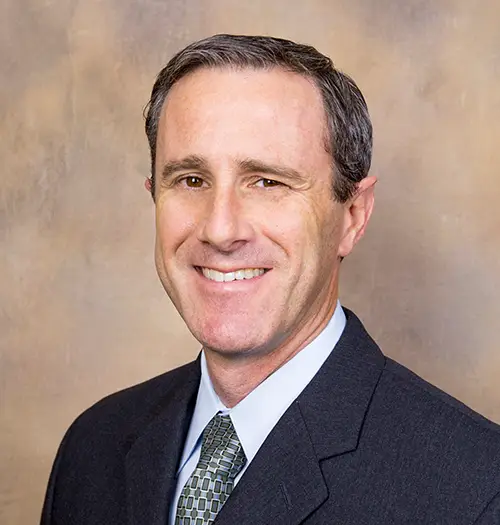When Our Mind Plays Tricks On Us
When you turn on the news, whether it’s in the morning or evening, it seems easy to believe a lot of bad things are happening in the world locally or nationally. It makes sense to grab our attention by putting out the tough stories early to get people talking. With access to so much information in this Digital Age on television, streaming media, smartphones, laptops and the Internet, getting our attention seems tougher than it used to be. I was at a gas station recently and noticed a screen on the gas pump showing news stories. The network was called “Gas Station TV.”
If we look at all the information out there, is it true that there is more bad than good?
Of course, we want to keep up with information out there in our community and the world. It’s important to be aware of dangers out in the world. After all, if we are constantly careful about making sure we know everything that is going wrong, we can try to avoid danger. There’s plenty of research on the brain now that shows our brains are automatically going to tune in to negative information to let us know what’s dangerous. This helps keep us safe. It allows us to look out for threats.
But when does this run haywire in our minds?
When we are more susceptible to stress, depression, or anxiety, our brains may be playing tricks on us. A cycle of continuing to look for what is wrong makes it easier to find what is wrong out there. It’s called a confirmation bias. So I say give yourself permission to ask: Am I watching all this info out there and blocking out or missing things that are going well or could make me feel better? Am I spending so much time looking for everything that is wrong out there that I’m ignoring things that could make me feel good?
There is mounting research that shows taking a walk, the act of laughing, and exposure to sunlight can increase positive chemicals in our brain and make us feel better. It also shows that we can train our minds to look for positive information and good things are happening both in our lives and in the world. Can we give ourselves permission to “unplug” from everything we see that is wrong?
This can be challenging. Information of all kinds is at our fingertips whenever we want it these days on social media and news sites. We can have it whenever we want. But we can also give ourselves permission to step away when we want and ask the question: Is my mind playing tricks on me again?
Look at an action like sitting in prayer or meditation. To get technical, when we engage in this, it involves parts of our brain, including the medial prefrontal cortex and the posterior cingulate cortex, a fancy way of saying the mid-front and back portions of the brain. Scientists can now see this on MRI machines. Prayer and meditation can lower how strongly we react to negative events. So my challenge is this – with all the information out there we have at our fingertips, can we give ourselves permission to unplug, to do something or look for something that feels good?
This can be in small steps.
From 7 p.m. until we go to bed, we could say I’m not going to watch any negative news events. Or for three days this week for two to three hours in the afternoon, I am not going to look at my smart device. Or twice a week, I’m going to take a walk with someone I care about or sit in the sunlight and see how that feels. Or I’m going to pray or meditate three mornings this week and see how that feels.
We do not have to overdo it; instead, we can take baby steps. My hope and challenge is that we can begin to look for and see things in our lives and the world, even the small things, that are going well and make us feel good. It may very well start with sometimes telling ourselves we need to unplug from the negative.
Information on this page should be utilized as a guide, not as medical advice. If you feel you need to speak with someone regarding counseling or mental health, please contact Hattiesburg Clinic Psychology & Counseling to make an appointment.
At Hattiesburg Clinic Psychology & Counseling, we offer counseling and mental health assessments. Following diagnosis, we work with you to determine the best course of treatment and counseling for you. If you would like to schedule an appointment, please contact us today.

